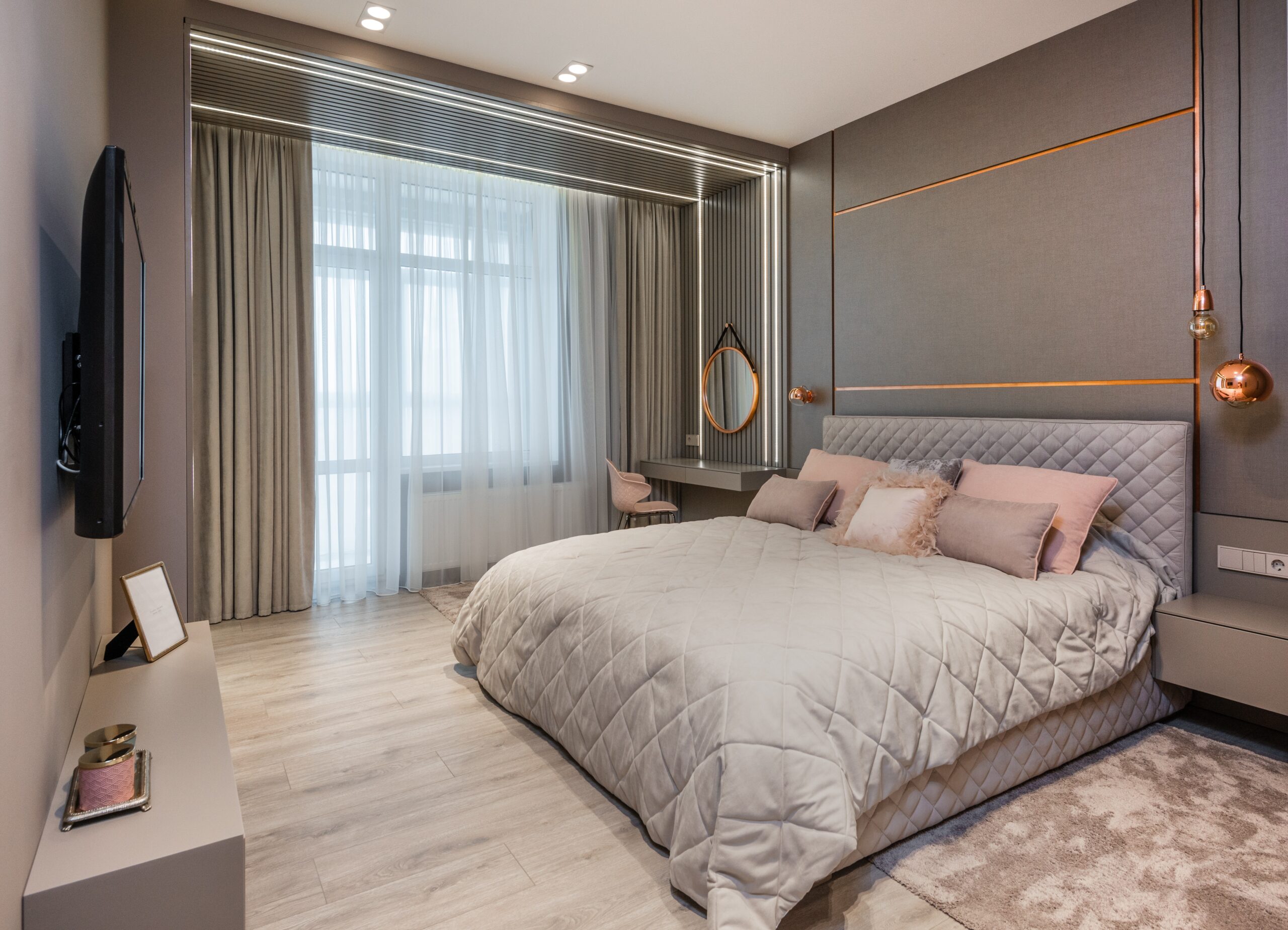The Importance of a Comfortable Sleep Environment
Getting a good night’s sleep is essential for physical and mental well-being, but it’s not just the quantity of sleep that matters, the quality of sleep is equally important. One of the key factors that can impact the quality of your sleep is the environment in which you sleep. In this article, we’ll explore the importance of a comfortable sleep environment and how it can improve the quality of your sleep.
Why a Comfortable Sleep Environment Matters
Your sleep environment can have a significant impact on your sleep quality and overall health. A comfortable sleep environment can help you fall asleep faster, stay asleep longer, and wake up feeling refreshed. Here are some of the reasons why a comfortable sleep environment matters:
Reduces stress and anxiety: A comfortable sleep environment can help reduce stress and anxiety, allowing you to relax and sleep peacefully. This can be achieved by creating a calm and peaceful atmosphere in your bedroom, such as reducing noise levels and controlling the temperature.
Improves sleep quality: A comfortable sleep environment can help improve the quality of your sleep by reducing interruptions and discomfort. This includes factors such as a comfortable mattress, pillows, and bedding, as well as ensuring the room is dark, quiet, and at a comfortable temperature.
Promotes physical health: A comfortable sleep environment can promote physical health by reducing the risk of sleep-disrupting conditions such as sleep apnea, snoring, and restless leg syndrome.
Impacts mental health: Sleep quality can have a significant impact on mental health, and a comfortable sleep environment can help reduce stress, anxiety, and depression.
How to Create a Comfortable Sleep Environment
Creating a comfortable sleep environment is crucial for improving the quality of your sleep. Here are some tips for creating a sleep environment that promotes restful and rejuvenating sleep:
Choose a comfortable mattress and bedding: A comfortable mattress and bedding are essential for a good night’s sleep. Make sure your mattress is supportive, comfortable, and appropriate for your sleep needs. Invest in high-quality bedding, such as sheets, pillows, and blankets, that are comfortable, breathable, and hypoallergenic.
Control the temperature: A comfortable sleep environment requires maintaining a comfortable temperature. Keep your bedroom cool and comfortable, around 65-70°F, as this has been shown to promote better sleep.
Reduce noise levels: A quiet and peaceful sleep environment can be disrupted by excessive noise levels. Reduce noise levels by using earplugs, white noise machines, or heavy curtains.
Ensure the room is dark: Light can disrupt your sleep and impact the quality of your rest. Invest in heavy curtains or blackout shades to reduce light levels and ensure a dark and peaceful sleep environment.
Create a relaxing atmosphere: A relaxing sleep environment can be achieved by adding calming scents, such as lavender, and soothing colors, such as blue or green, to your bedroom.
Conclusion
The importance of a comfortable sleep environment cannot be overstated. A comfortable sleep environment can help improve the quality of your sleep, reduce stress and anxiety, and promote physical and mental well-being. By following the tips outlined above, you can create a sleep environment that promotes restful and rejuvenating sleep. Don’t underestimate the impact that your sleep environment can have on your overall health and well-being.
Sources:
- National Sleep Foundation. (2021). Sleep Environment. Retrieved from https://www.sleepfoundation.org/sleep-environment
- Mayo Clinic. (2021). Sleep and Sleep Disorders. Retrieved from https://www.mayoclinic.org/diseases-conditions/ins
